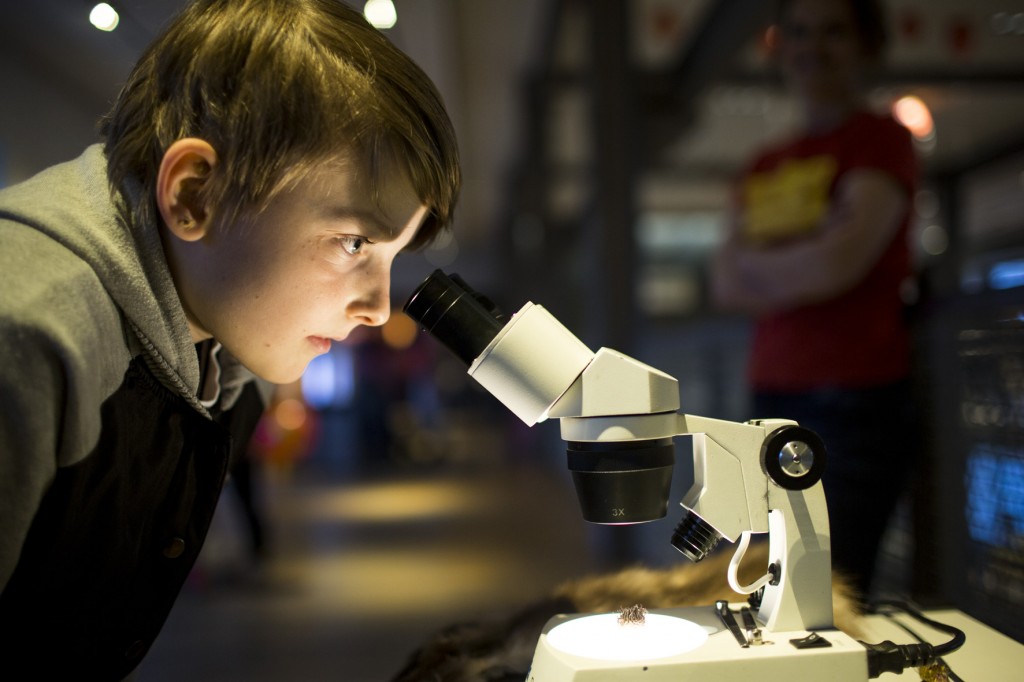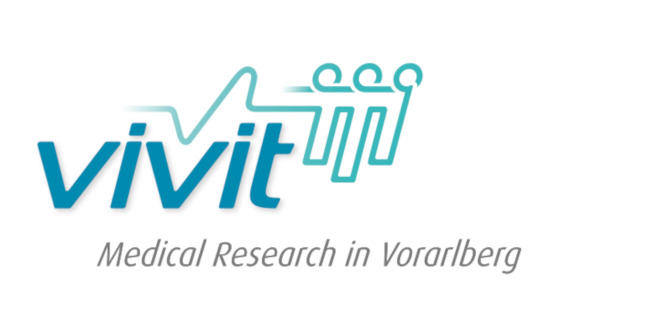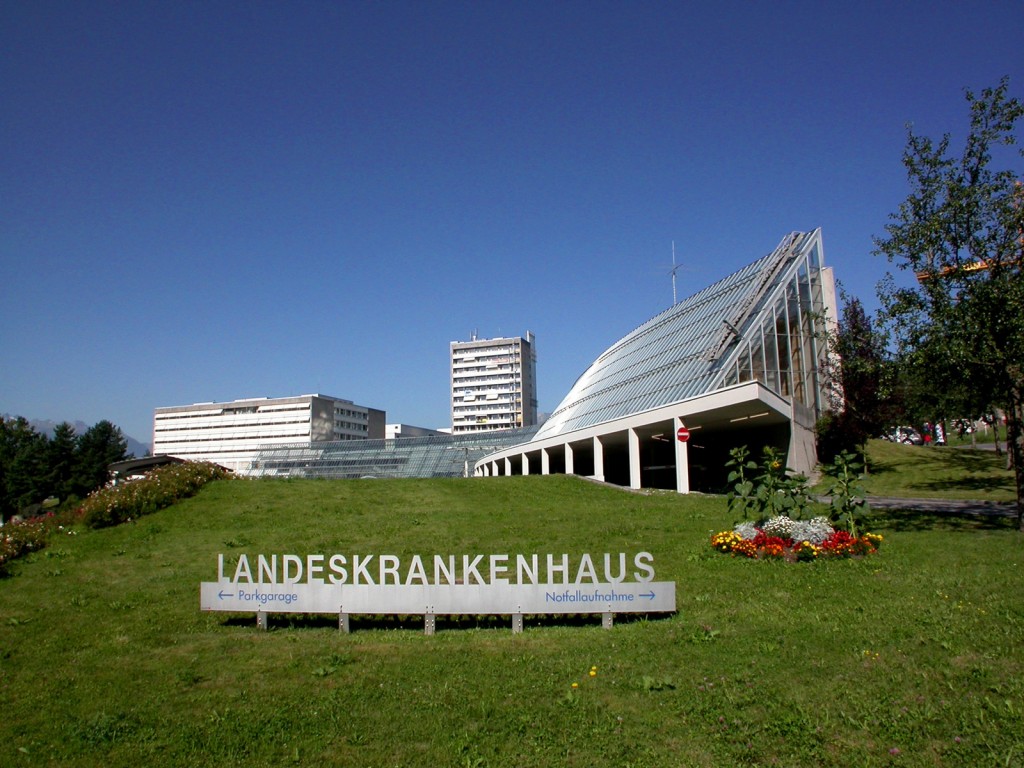*** Press Coverage ***
The Austrian Research Promotion Agency (FFG) funds antibody test development by the VIVIT and the Medical Central Laboratories (MZL), 29thApril 2020, press release by the Vorarlberg State Correspondence, NEUE Vorarlberger Tageszeitung, Vorarlberger Nachrichten
How the virus affects other illnesses, virtual presentation by Prof. Drexel, 8thApril 2020, Vorarlberger Nachrichten
Corona Virus Quick Tests, what they can do and what they cost, 31stMarch 2020, Vorarlberger Nachrichten
Durig Böhler memorial prize awarded to VIVIT researcher, 3rdDecember 2019, ORF Vorarlberg, Vorarlberger Nachrichten, NEUE Vorarlberger Tageszeitung, vol.at
Scientific studies from Vorarlberg at the European Society of Cardiology (ESC), 4th October 2019, Vorarlberger Nachrichten
Successful collaboration between the VIVIT and the University of Bern, 7thApril 2018, Vorarlberger Nachrichten
Vorarlberg Research Award, 24th March 2018, Vorarlberger Nachrichten
Blood serum samples as an alternative to conventional biopsies, 30th September 2017, Vorarlberger Nachrichten
New EU project to improve cancer therapy, 28th September 2017, NEUE Voralberger Tageszeitung
Vorarlberg’s medical doctors present their scientific findings, 29th August 2017, NEUE Vorarlberger Tageszeitung
World-class research from a small place, 1st October 2016, Vorarlberger Nachrichten
Diabetes poses a large threat for the vascular system, 30thJune 2016, Vorarlberger Nachrichten
Protein loss as a risk factor for the heart and the entire circulatory system, 21st May 2016, Vorarlberger Nachrichten
Long night of research, 23rd April 2016, Vorarlberger Nachrichten
Research institute has reason to celebrate, 11th April 2016, Vorarlberger Nachrichten
VIVIT at the State Hospital Feldkirch
The VIVIT is headquartered at the State Hospital in Feldkirch, Austria. This is where the VIVIT has its administrative office and facilities for patient consultations. Starting as early as 1999, patients who were referred to coronary angiography (examination of the coronary arteries via a catheter), due to signs of compromised heart health, were recruited for scientific studies aimed at capturing the risk factors for metabolic and cardiovascular diseases. These patients are invited for regular follow-up examinations by the VIVIT, which assure that patients are closely monitored and help to compound valuable information about the long-term influence of the documented risk factors.
Further studies are concerned with the origin of peripheral artery disease, acute coronary syndrome as well as heart failure.
Another branch at the State Hospital in Feldkirch is the Department for Nephrology and Dialysis, which is the only one of its kind in Vorarlberg. Research at the VIVIT-Nephrology Division is focused on disturbances of bone metabolism in renal disease. Its other projects investigate the risk factors involved in the lead-up to kidney disease, early detection of kidney damage, and effective measures to avoid acute kidney failure.
Besides generating scientific publications, research activities at the VIVIT benefit the local patient population. In collaboration with pharma companies, the VIVIT conducts numerous pharmacological studies each year, which afford patients access to new and innovative treatments.
Molecular Biology Laboratory at Campus V in Dornbirn
The molecular biology laboratory of the VIVIT is situated at the Campus V in the town of Dornbirn. The research conducted there is focused on the genetic background of vascular disease, diabetes mellitus as well as different forms of cancer such as breast and colon cancer. More research is dedicated to potential biomarkers such as microRNAs, free DNA or proteins, which circulate in the blood steam and are specific for these diseases, and hold promise to become valuable tools for diagnostic purposes. To this end, highly innovative technologies such as Next Generation Sequencing or digital PCT are available at the VIVIT.
Moreover, the Medical Central Laboratories in Feldkirch commissions the VIVIT Molecular Biology Laboratory to conduct genetic analyses of patient samples for diagnostic purposes.
Besides its role as a clinical trial centre, the VIVIT engages in basic research, in particular into the origin of obesity-related illnesses. For this purpose, fat cells (adipocytes) are cultured under different conditions, for instance in a low-oxygen environment to mimic the effects of oxygen deprivation on adipose tissue and investigate its role in the pathogenesis of diabetes or atherosclerosis. In the field of oncology, the VIVIT works in close collaboration with the State Hospital in Feldkrich and with other oncology centres on the shores of Lake Constance.
Communication with and for Society

Research findings at the VIVIT are routinely presented at scientific meetings and published in scientific journals. Moreover, our institute makes a deliberate effort to pass knowledge about medicine and molecular biology on to interested members of the public and to open a dialog with society to render topics such as medicine and genetics more transparent and accessible. Since 2014, the genetics laboratory inaturaLab at the inatura museum in Dornbirn is open to pupils from local schools. The laboratory was established by the VIVIT in collaboration with the host and the Open Lab Graz. Its aim is to spark an interest for life sciences and to encourage the debate amongst young people. InaturaLab was funded by "Talents Regional", an initiative by the Austrian Research Promotion Agency (FFG). Furthermore, the VIVIT has been a regular participant of the biennial "Long Night of Research" and showcases a number of exhibits each time. In 2018, the event was attended by a record 3500 members of the Vorarlberg general public, many of them school pupils and students. As part of the MINI MED curriculum as well as the MedKonkret program, members of the VIVIT such as its director Prof. Heinz Drexel are presenting numerous medical topics to an interested audience, on an ongoing basis.


